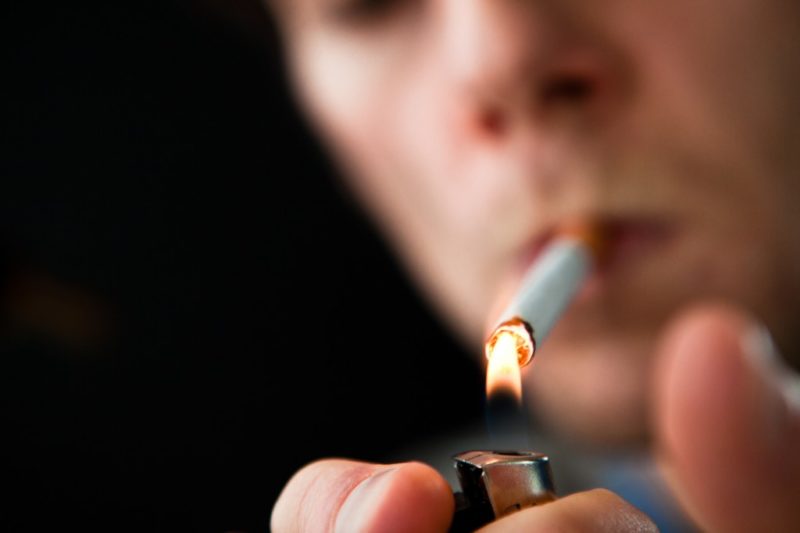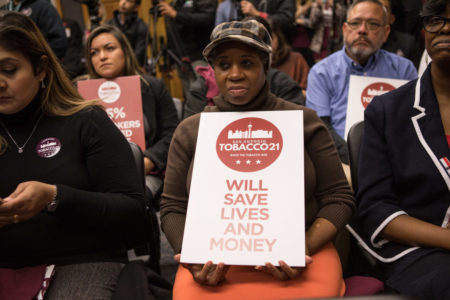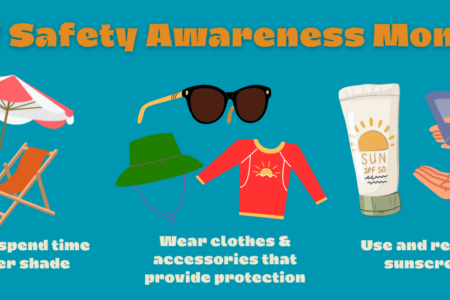
Share On Social!
The San Antonio City Council voted 9-2 today to approve a measure to raise the tobacco sale age from 18 to 21 within the city limits, according to FOX29-TV.
San Antonio (68% Latino) now is the first city in Texas to have raised to the minimum age.
The city also joins five states and over 280 communities in 13 states.
Health experts lauded the measure.
Tobacco use claims 480,000 lives each year, including 28,000 in Texas, and causes $8.8 billion in direct health care expenses. Lung cancer is the leading cause of cancer death among Latino men and the second-leading cause among Latinas.
“UT Health San Antonio seeks to make lives better through improved health for all,” said Dr. Amelie G. Ramirez, director of the Institute for Health Promotion Research at UT Health San Antonio.
“The Tobacco 21 initiative fits perfectly with our ideals, as we seek to end or at least reduce the unnecessary disease and death that results from tobacco nicotine addiction,” said Dr. Ramirez, who submitted testimony about the measure to the City Council. “We are proud signatories on the initiative along with our sister University of Texas institutions.”
The Science
Nicotine an addictive chemical.
Nicotine is the addictive chemical in tobacco products that is responsible for addiction to tobacco products.
Three out of four teens who start smoking in high school smoke as adults. And they are often heavier smokers, which increases their risk of numerous chronic diseases and cuts their life short.
This is because their brains and bodies are still developing and are more susceptible to addictive chemicals, like nicotine.
Tobacco companies exploit how susceptible youth are and spend $8.9 billion per year to promote their products, heavily marketing to the 18-21 age group.
People who have not started smoking by age 21 are less likely to ever start and become addicted. However, 95% of smokers started before age 21, according to the American Heart Association.
In Texas, 10.6% of high-school students smoke.
Increasing the smoking age to 21 could reduce tobacco use by 55% for 15-17-year-olds within 7 years, according to one study.
Tobacco 21 in San Antonio
In September 2017, the San Antonio Metropolitan Health District (SA Metro Health) conducted an online survey to obtain community input on raising the purchasing age for tobacco products. Of the 5,500 people that responded, 77.5% supported raising the minimum purchasing age from 19 to 21.
SA Metro Health held two town hall events to gain additional community input in November.
A group of store owners opposed the idea, citing it would create an unfair advantage for stores located just outside the city limits, according to FOX29-TV.

On December 6, SA Metro Health presented a formal recommendation to City Council to raise the tobacco buying age to 21, known as the Tobacco 21 policy.
The primary motivation for implementing the tobacco 21 policy is based on research indicating that people are more likely to become addicted to substances if they begin using them before their brain is fully developed, the Director of SA Metro Health, Colleen Bridger, said in September 2017 to the Rivard Report.
“Research tells us that people who start smoking at younger ages are more likely to smoke as adults and are among the heaviest users,” Ramirez said.
City council was expected to vote on the issue on December 14, but after hearing public comments in favor of and against the Tobacco 21 policy, they postponed it to January.
Some community members and city council members, like Shirley Gonzales, were concerned enforcement would target low-income and minority youth.
SA Metro Health revised the Tobacco 21 proposal to eliminate penalties against youth and focus on retailers.
On Jan. 11, 2018, the City Council voted in approval to raise the purchasing age to 21 for tobacco products including, electronic cigarettes and vapes.
The ordinance will take effect October 1, 2018.
Now What?
Ramirez continues to promote healthy lifestyles.
A unique program provided by Dr. Ramirez’s Institute for Health Promotion Research at UT Health San Antonio is the Quitxt program, a bilingual service that sends texts with culturally and regionally tailored support to help South Texas young adults quit smoking.
In August 2017, the Cancer Prevention & Research Institute of Texas (CPRIT) awarded Dr. Ramirez’s team $1.3 million to expand Quitxt. The funding will enhance the Quitxt service with a new social media support component. Quitxt is currently designed to turn a user’s phone into a personal quit-smoking coach by providing texts and links to online support, educational content, music and videos.
Quitxt also will extend beyond South Texas to include English and Spanish speakers in rural counties, and Spanish speakers in urban areas of South, West and Central Texas.
“We are deeply honored to be able to expand and extend our Quitxt texting program to help young adults quit smoking across Texas,” Dr. Ramirez said.
Explore More:
Healthy Families & SchoolsBy The Numbers
142
Percent
Expected rise in Latino cancer cases in coming years



